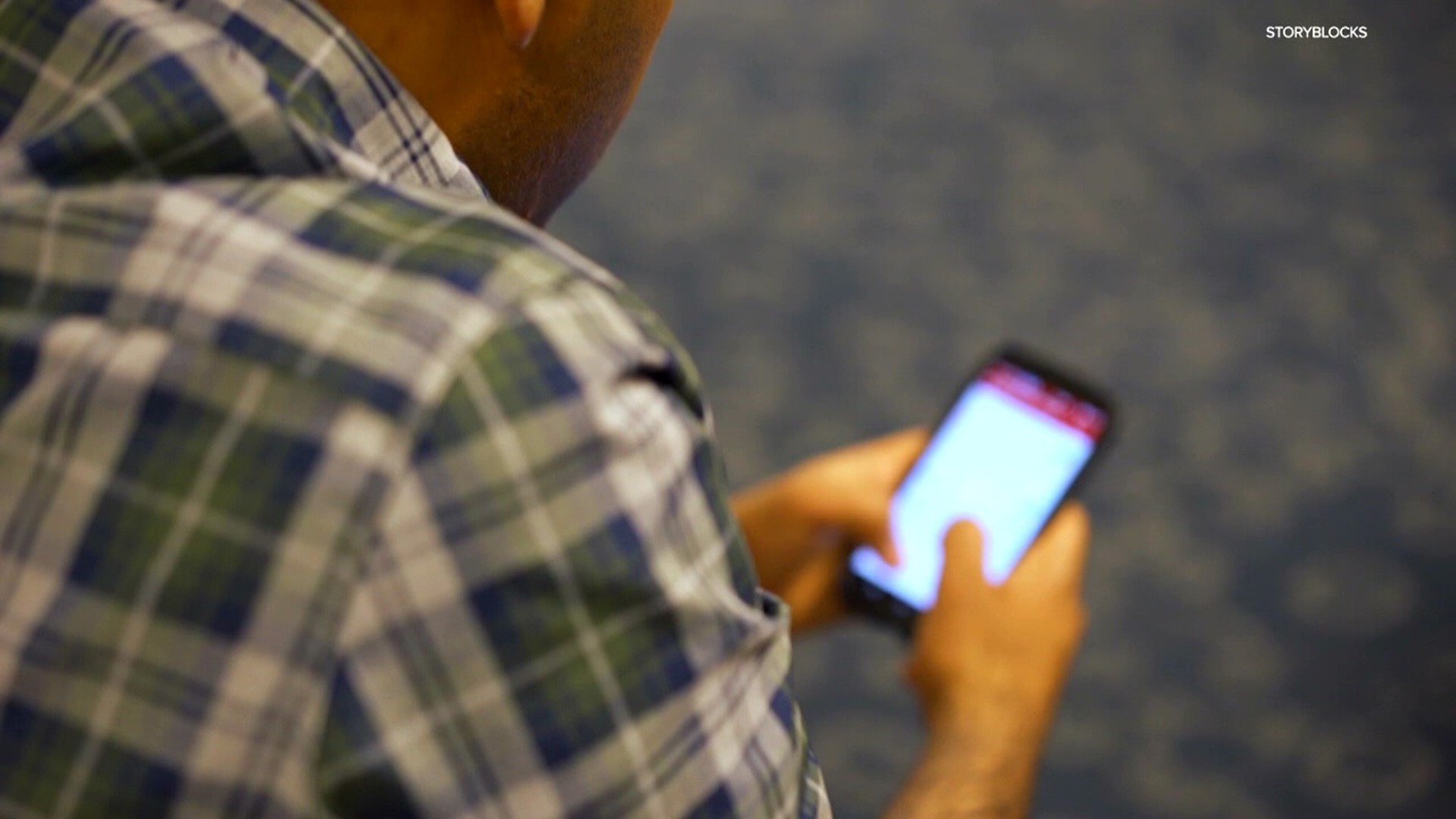POTTSVILLE, Pa. — You may have heard that spending too much time in front of a computer screen can harm your eyes. But it may also be hurting you in other areas.
How you hold your phone may explain why your neck hurts, according to spine experts.
The physical therapists at the Lehigh Valley Health Network Rehabilitation Center in Pottsville demonstrated some stretches they're using to help more patients complaining of back and neck pain.
"Years ago, we didn't have to worry about that. People worried about writing things down rather than typing down things. But now, everybody is leaning forward no matter what they're doing, so yes, it's probably going to be an issue as we get older," explained Jen Herndon, LVHN physical therapist.
"Spine experts have discovered that more and more often, they are seeing patients who are coming in with debilitating pain in their necks. And it's not from anything other than muscle strain from improper use of technology," said Dr. Rita Roy, National Spine Health Foundation CEO.
Spine experts call the condition "tech neck." And the National Spine Health Foundation says it causes headaches and neck and shoulder pain for tens of millions of people.
"Tech neck is pain and strain to the cervical spine and its supporting muscles by looking down at a screen for too long, and what happens is the G-force, the gravity force, is disproportionately pushing down on your head and neck," added Dr. Roy.
"That posture affects our neck and our back, as well as lung capacity. If you're flexed over all day, your lung capacity can lessen, which will affect your heart later on," Herndon said.
Tech neck is preventable. Occupational therapists recommend stretching and keeping devices at eye level.
"We are looking down at our iPads, at our phones, and instead, we could be using a monitor riser for our desktop setup or a laptop tray to bring it up to eye level. Computer screens, laptop screens, everything should be at eye level," said Lauren Gibas, LVHN occupational therapist.
Check out WNEP's YouTube channel.

